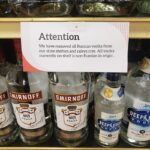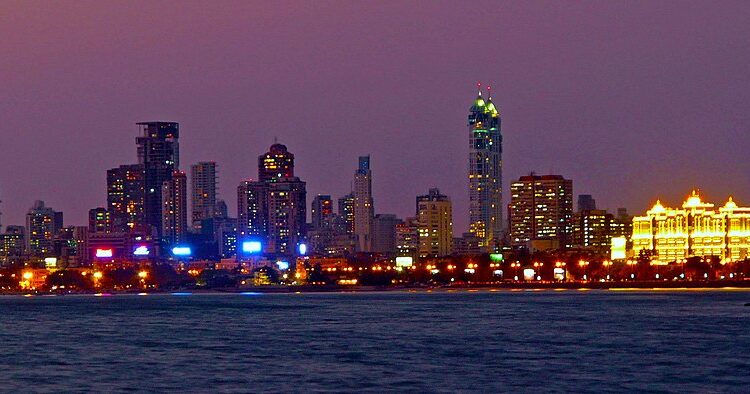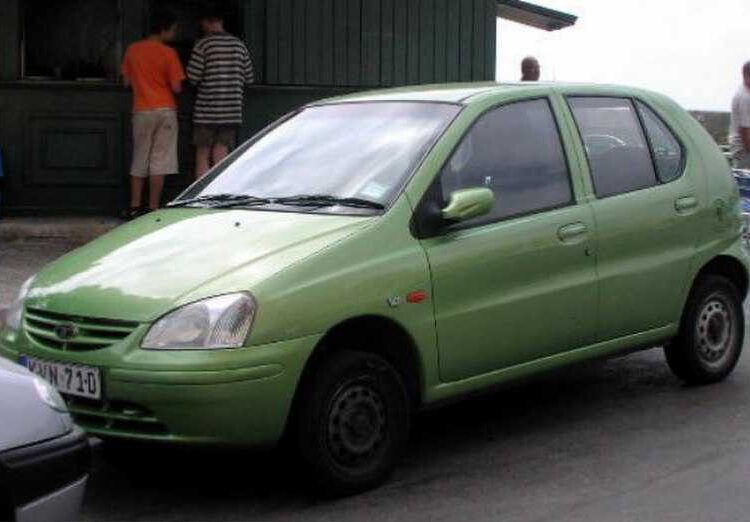The little-known ingredient in your favorite consumer goods is fueling conflict
- Gum arabic, a common ingredient in soda, chocolate, and chewing gum, is funding the war in Sudan
- Paramilitary group Rapid Support Forces (RSF) collects payments from gum arabic traders
- Sudanese military also levies taxes and tariffs on the gum arabic trade
- Both sides in the conflict have been accused of committing war crimes
- Few companies have taken steps to avoid sourcing gum arabic from Sudan
Gum arabic, a key ingredient in soda, chocolate, and chewing gum, is being used to fund the ongoing war in Sudan. Traders who transport gum arabic from Sudan’s main agricultural hubs to the market are forced to pay hefty sums to the Rapid Support Forces (RSF), a paramilitary group accused of ethnic cleansing and crimes against humanity. The RSF controls major access roads and checkpoints, making it difficult for traders to avoid paying. In addition to the RSF, the Sudanese military also collects taxes and tariffs on the gum arabic trade. Both sides in the conflict have been accused of committing war crimes, and the United States has imposed sanctions on several RSF commanders. Despite these concerns, few companies have taken steps to ensure they are not sourcing gum arabic from Sudan. This lack of action has raised questions about the industry’s complicity in funding the war. The situation is further complicated by the fact that stopping purchases of Sudanese gum arabic could harm the livelihoods of hundreds of thousands of Sudanese who depend on the sap for their income. However, the impact of the war on gum arabic production is already being felt, with a decline in production and a significant increase in prices. The global gum arabic market could face serious repercussions if there is a shortage of supply. It is crucial for companies to address the ethical concerns surrounding the sourcing of gum arabic and take steps to ensure they are not contributing to the conflict in Sudan.·
Factuality Level: 3
Factuality Justification: The article provides detailed information about the gum arabic trade in Sudan, including the involvement of paramilitary groups and the impact of the civil war on the industry. However, it lacks diverse perspectives and fails to provide a balanced view of the situation. The article also contains some unnecessary details and repetitions.·
Noise Level: 3
Noise Justification: The article provides a detailed and informative analysis of the gum arabic trade in Sudan, highlighting the involvement of paramilitary groups, the impact on the local population, and the global implications. It discusses the ethical concerns surrounding the trade and the responses of various companies. The article is focused, well-supported with evidence, and raises important questions about the ethical sourcing of gum arabic.·
Public Companies: Nestlé (N/A), Hershey (N/A)
Private Companies: Morouj Commodities UK,Nexira,FOGA Gum
Key People: Muhamed Jaber (Gum arabic trader), Osama Idris (General Manager at Morouj Commodities UK), Tom Perriello (Biden administration’s special envoy for Sudan), Rabie Abdelaty (Sudanese academic), Martijn Bergkamp (Partner at FOGA Gum), Rachid Amui (Commodity trade monitor at the U.N. Conference on Trade and Development)
Financial Relevance: Yes
Financial Markets Impacted: The article discusses the impact of the war in Sudan on the gum arabic trade, which is a key source of funding for both sides in the conflict. It mentions the collection of money by the Rapid Support Forces (RSF) and the Sudanese military through their control of agricultural routes. The article also highlights the potential implications for companies that use gum arabic in their products, as well as the potential decline in Sudan’s gum arabic production and the increase in prices.
Financial Rating Justification: The article directly addresses the financial impact of the war in Sudan on the gum arabic trade and the potential consequences for companies and markets.·
Presence Of Extreme Event: No
Nature Of Extreme Event: No
Impact Rating Of The Extreme Event: No
Extreme Rating Justification: ·
 www.wsj.com
www.wsj.com 




